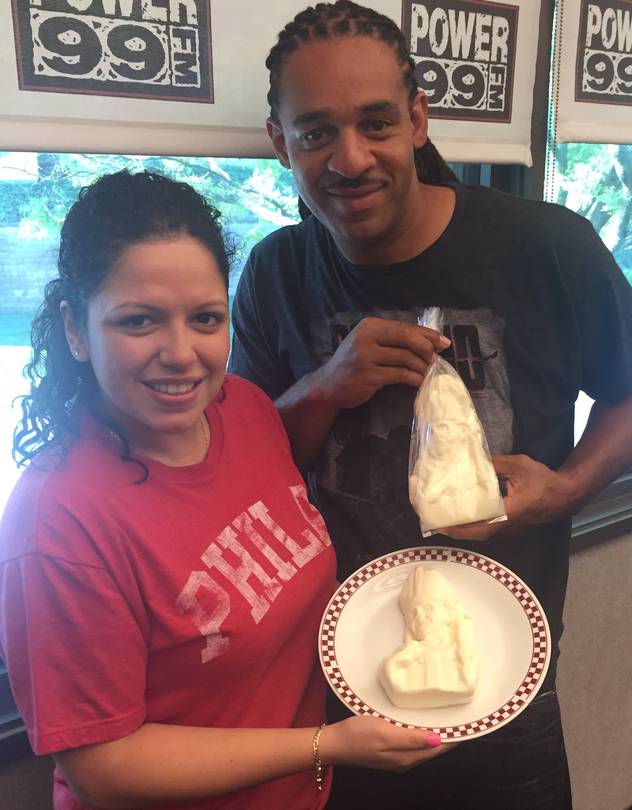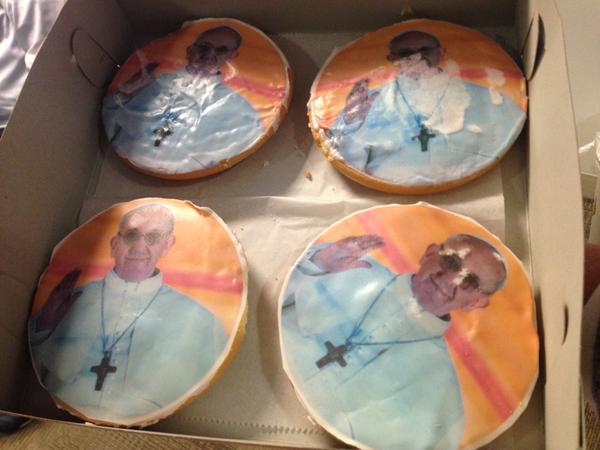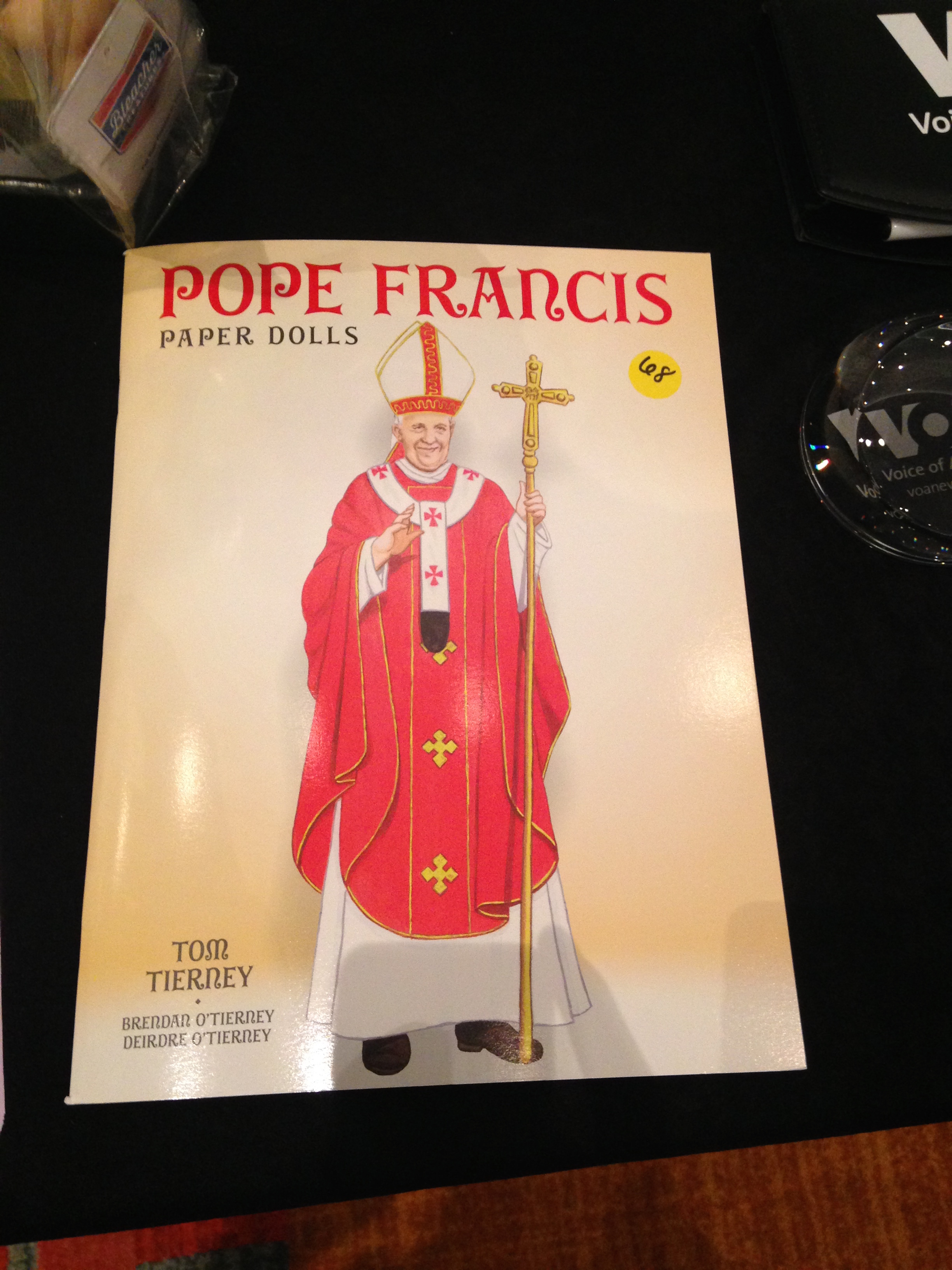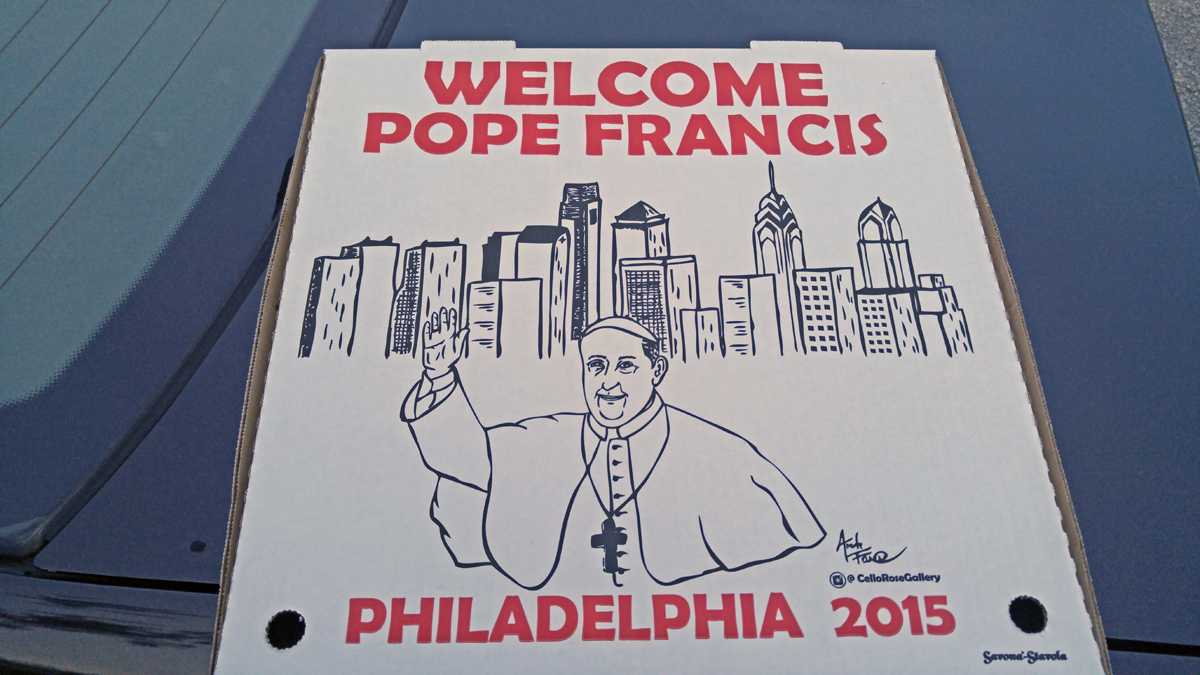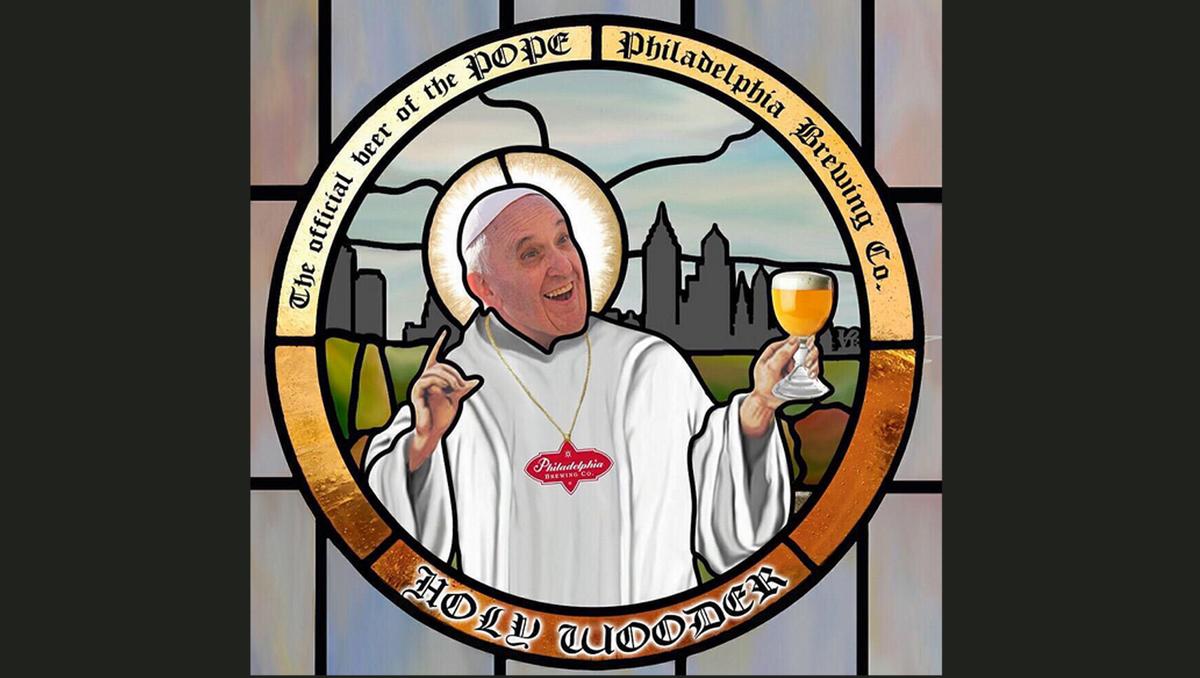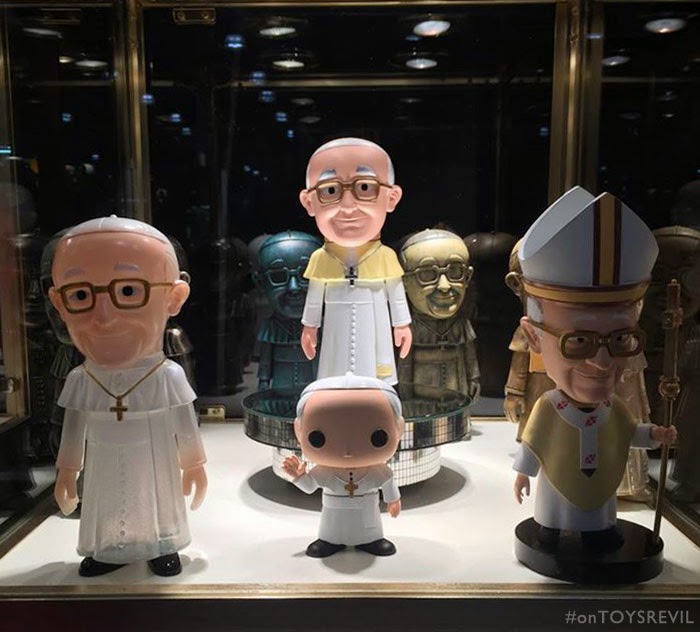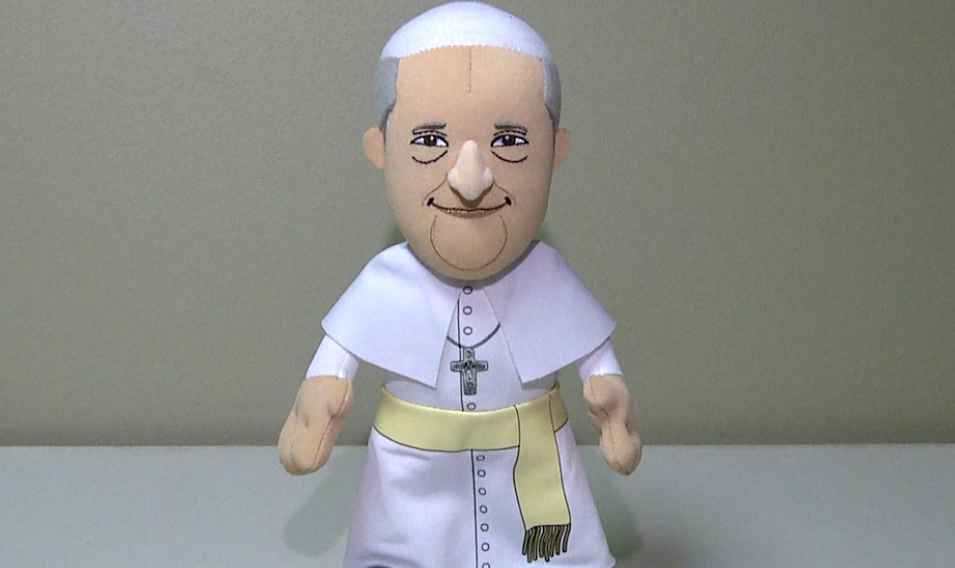By Kai Su, UF College of Journalism & Communications Student
Our environment — just like a bedroom, a home, or any other space we inhabit — requires regular maintenance and attention. If ignored, it will fall out of order (as anyone who has neglected laundry and lost sight of their bedroom floor under piles of dirty clothes can attest to.) And if forgotten over time, it will deteriorate.
In many parts of the world, humans have ignored — or altogether forgotten — the natural environment that they are a part of. In our modern world of skyscraper-filled cities and expanding industrialization, we have gradually lost touch with nature. Instead of being outdoors, most of us spend our time sitting at desks in air-conditioned buildings, waiting in cars in traffic, or staring into some sort of screen for hours each day.
Indeed, according to the 2010 United States Census, 80.7 percent of the U.S. population lives in an urban area. As a result of this move away from rural areas, nature has come to be viewed as something separate from us — something we chose to interact with when we feel so inclined.
This shift in society can lead to a disastrous shift in values; when we are less connected with nature, we are less invested in caring for it. In his address to the United Nations General Assembly last September, Pope Francis emphasized the need for humanity to protect the environment. He said “this common home of all men and women must also be built on the understanding of a certain sacredness of created nature.”
Many of the points Francis made in his UN address reiterated themes highlighted in “Laudato Si’,” his second encyclical released in May 2015. His encyclical received mixed reactions because it addressed controversial issues such as combating climate change and economic inequality.
As Francis discusses in his introduction to “Laudato Si’,” this isn’t the first time the Catholic Church has addressed the environment.
In 1971, Pope Paul VI spoke to the UN Food and Agriculture Organization about the ecological consequences of unchecked human activity. And in Saint Pope John Paul II’s first encyclical, he said that humans “see no other meaning in their natural environment than what serves for immediate use and consumption.” In his introduction, Francis says he is united with previous popes — as well as many scientists, philosophers, theologians and civic groups — in his shared concern for our environment.
The reality is that we are, and have always been, a component of our natural environment. While our ecological worldviews might (wrongly, in my opinion) place us above or central in relation to other organisms, we are merely one among billions of species that form the complex web of our shared environment. We depend on our environment as much as it depends on us to thrive, thus we all have a stake in protecting and preserving it.
As some religious groups began noticing the degradation of our environment and the need to preserve it for future generations, they constructed their own forms of environmentalism tailored to fit their values and worldviews. These groups developed slightly different approaches to environmentalism based on the religious “lens” through which they view the relationship between humans and nature.
While it may surprise some to hear the Catholic Church take a stance on the environment, other religious groups have been associated with eco-friendly values. For example, Eastern religions such as Buddhism often focus on compassion, mindfulness and the interconnectedness of all living beings. These religiously based values naturally translate to respect for nature and life in all its forms.
Similarly, many indigenous religions view the Earth as sacred. They believe that animals, plants and even inanimate objects have spiritual essences. Because followers of indigenous religions see themselves as dependent on the environment and its resources, they develop a deep respect for nature and feel obligated to protect it.
However, it should be noted that while Eastern and indigenous religions are typically viewed as having values that align with environmentalism, not all followers necessarily protect the environment.
For example, in many Asian countries with large Buddhist and Hindu populations, one can find numerous instances of environmental degradation. Frequently cultural or economic factors, such as overpopulation or poverty, can override religious values that would otherwise foster a loving relationship between humans and their environment.
Another concept that has emerged in recent years is called the “greening” of religion. Some religions that view humans as central characters on the stage of creation, such as Christianity and Catholicism, have shifted toward more eco-friendly outlooks. Rather than viewing the Earth and its resources at the disposal of humanity, some groups have shifted to emphasize humans as stewards of the environment. Especially amid current discussions about environmental degradation, I think it’s a natural and timely move for religious groups to take.
It’s apparent that Pope Francis is calling Catholics to value and protect Mother Nature. The Pope is a hugely influential figure (to more than just Catholics), and I applaud his boldness in tackling a touchy, political issue like climate change.
However, the environment is inextricably linked to humanity and plays a huge role in religion, so maybe people shouldn’t be surprised that the Pope is talking about it. It will be interesting to watch which religious groups — if they haven’t yet already — will join the discussion.





